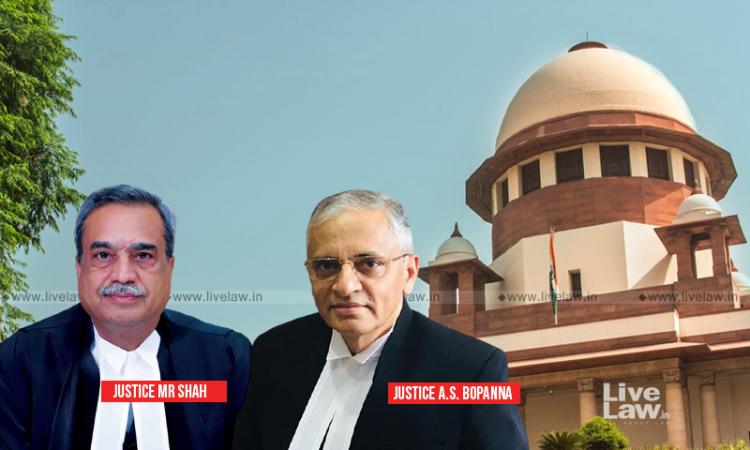The Supreme Court observed that it is the duty of the First Appellate Court to deal with all the issues and the evidence led by the parties before recording its findings.First appeals are to be decided after following the procedure to be followed under the Code of Civil Procedure, the bench of Justices MR Shah and AS Bopanna observed. In this case, the Trial Court dismissed a specific...

